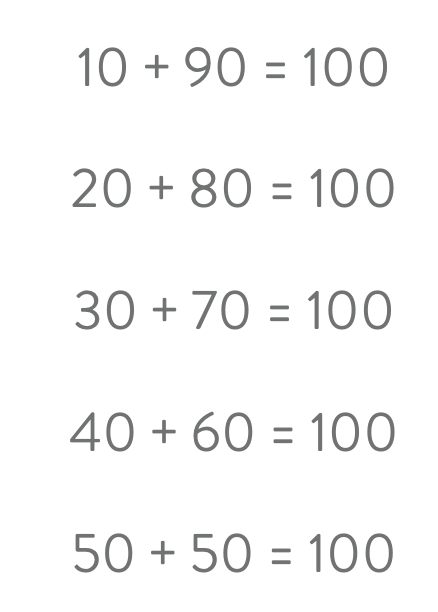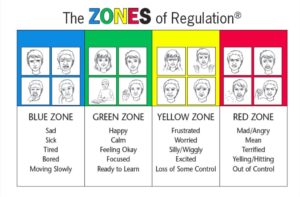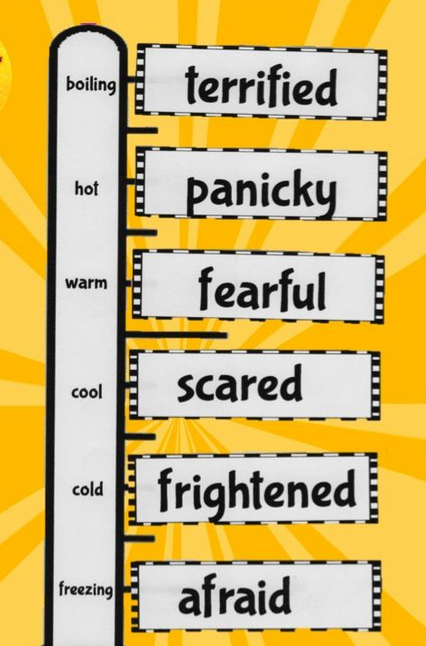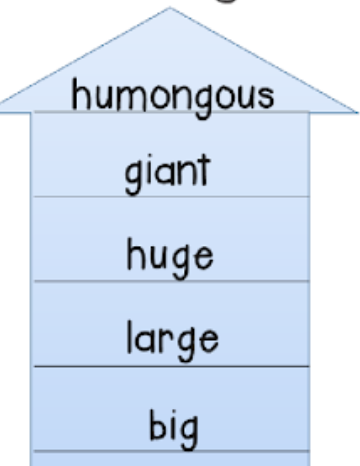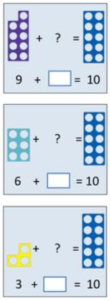Welcome to Westminster Bridge Class.
Class teacher: Mrs Ramakrishnan
Teaching assistant: Miss Dale
[dropshadowbox align=”none” effect=”lifted-both” width=”auto” height=”” background_color=”#60aee0″ border_width=”1″ border_color=”#1125c0″ ]Homework (including Mathletics) is set on Google Classroom[/dropshadowbox]
English
At Howard Primary School we have adopted The Power of Reading scheme for literacy. Our literacy work is based around a core text. The text we are working on has now been revealed. We are reading The Storm Whale by Benji Davies.
Other books by Benji Davies include:

This week in English we will be focusing on:
- reading information for research
- information writing – non-fiction on whales
- information writing documentary
- story mapping island life
Reading information for research
Children will research informaton about whales from a variety of media.
Information writing – non-fiction on whales
Children will use the research they collected on Monday to help them write some information about whales.
Information writing documentary
As a class we will write a script for a nature documentary about whales. We will use the information gathered on Monday to help us. We will watch some documentaries about whales in order to listen to the ‘style of speaking’ and imitate this. We will distinguish between scientific evidence and description.
Story map island life
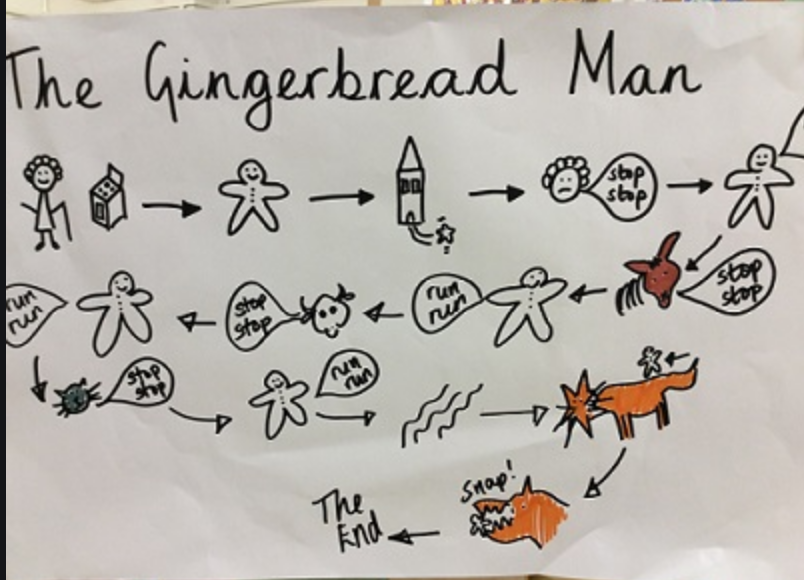
The children will story map a day in the life of Noi. They will use their knowledge of islands and use this to help them story map a story that they would tell to a whale.
Maths
-
We are going to start our addition and subtraction block this term. This week we will:
- compare number setnences
- understand related facts
- number bonds to 100 (multipes of 10)
- add and minus ones
- understand 10 more and 10 less
- compare number setnences
- Compare number sentences
Children will be comparing number sentences using the <, > and = symbols.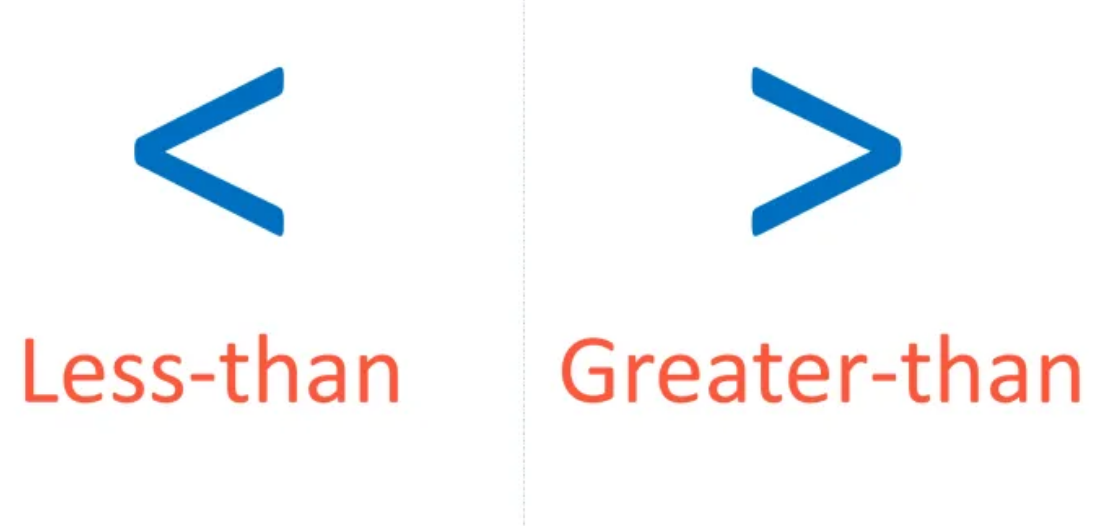
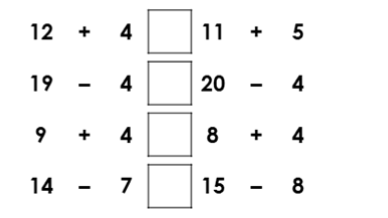
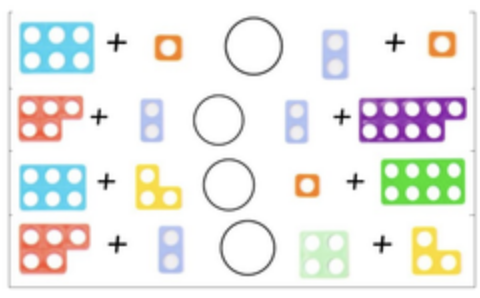
- Understand related facts
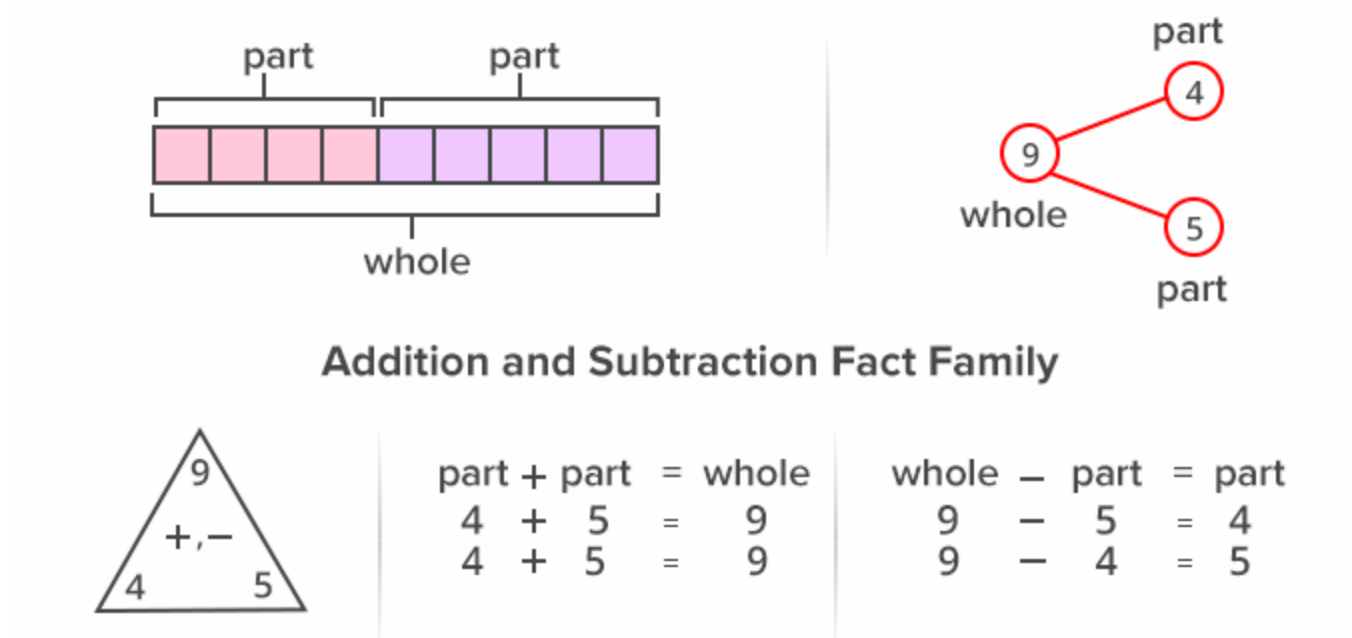
A fact family is a group of math facts using the same numbers. In the case of addition/subtraction, you use three numbers and get four facts. The above facts are related as all 3 numbers have a relationship and can be used in addition and subtraction sums.
- Number bonds to 100 ( multipes of 10)
Children can use their knowledge of number bonds to 10 to help them with their ubnderstanding of number bonds to 100.
Example
1 + 9 = 10 10 + 90 = 100
2 + 8 = 10 20 + 80 = 100
3 + 7 = 10 30 + 70 = 100
4 + 6 = 10 40 + 60 = 100
5 + 5 = 10 50 + 50 = 100
- Add and minus ones
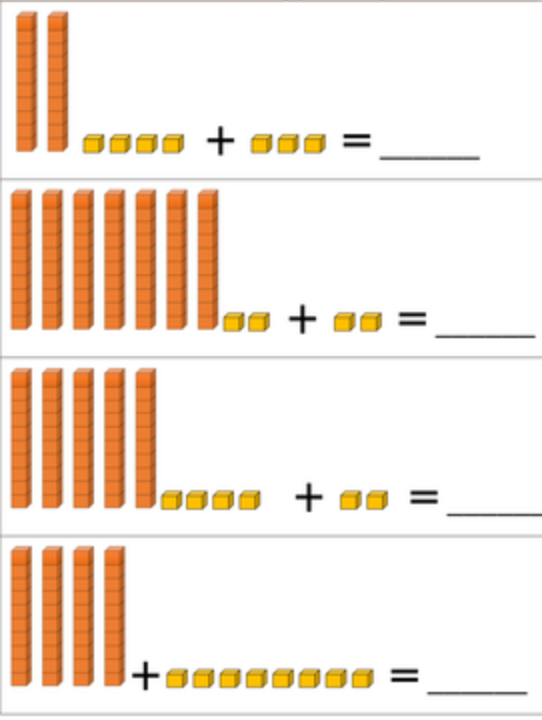
Children will add or subtract ones from numbers.
- Understand 10 more or 10 less
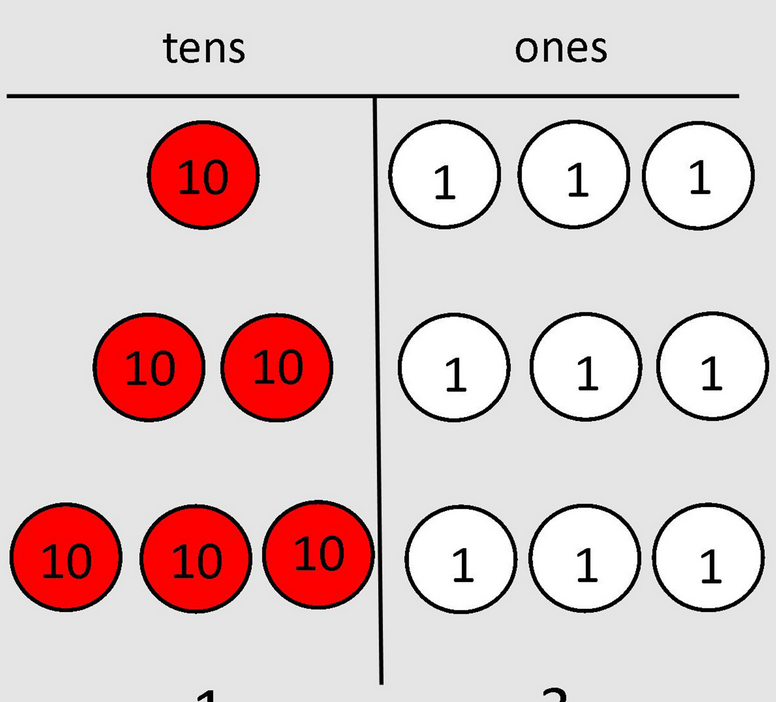
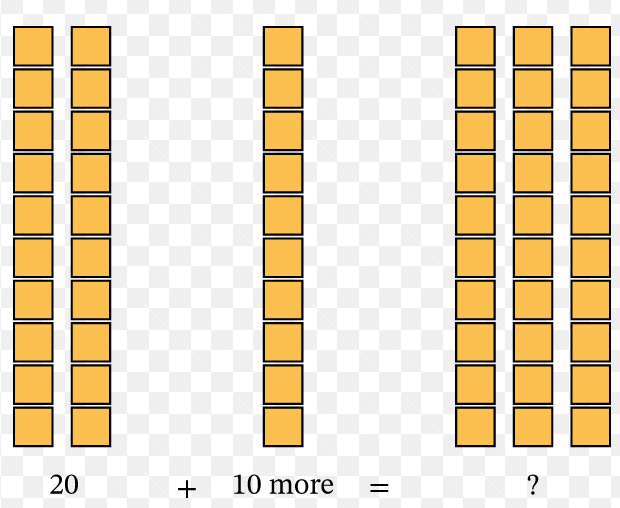
When adding or subtracting 10 the ones do not change – they remain the same.
Science
We will be comparing the suitability of materials. We will be exploring the useful properties of a range of materials. We will be looking at different objects, thinking about what materials they are made from, and explain why they are suitable in each situation.
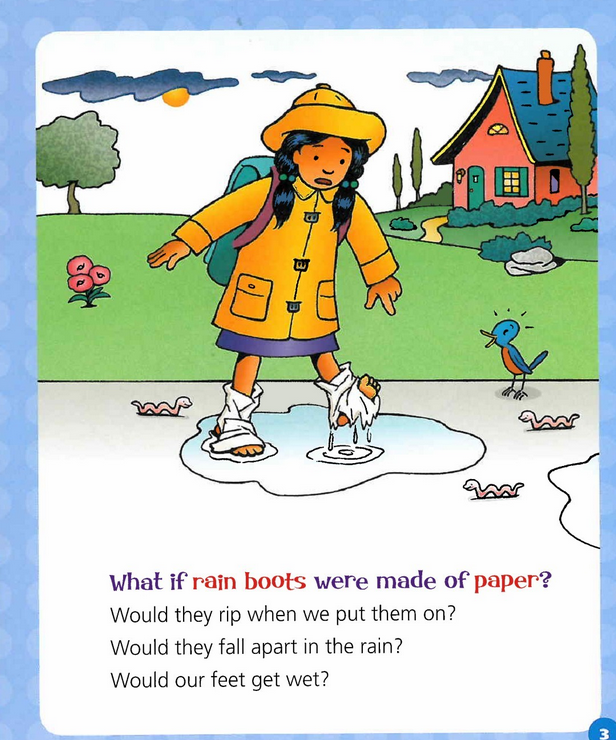
Religious Education
The focus this term will be about things that are special to us.
Computing
We will continue to focus on e-safety and the importance of being safe when using the internet. We will focus on adults who can help us feel safe whilst using the internet.
Music
Children will explore sound body percussion.

PE
Our focus this term will be hockey and dance/exercise.
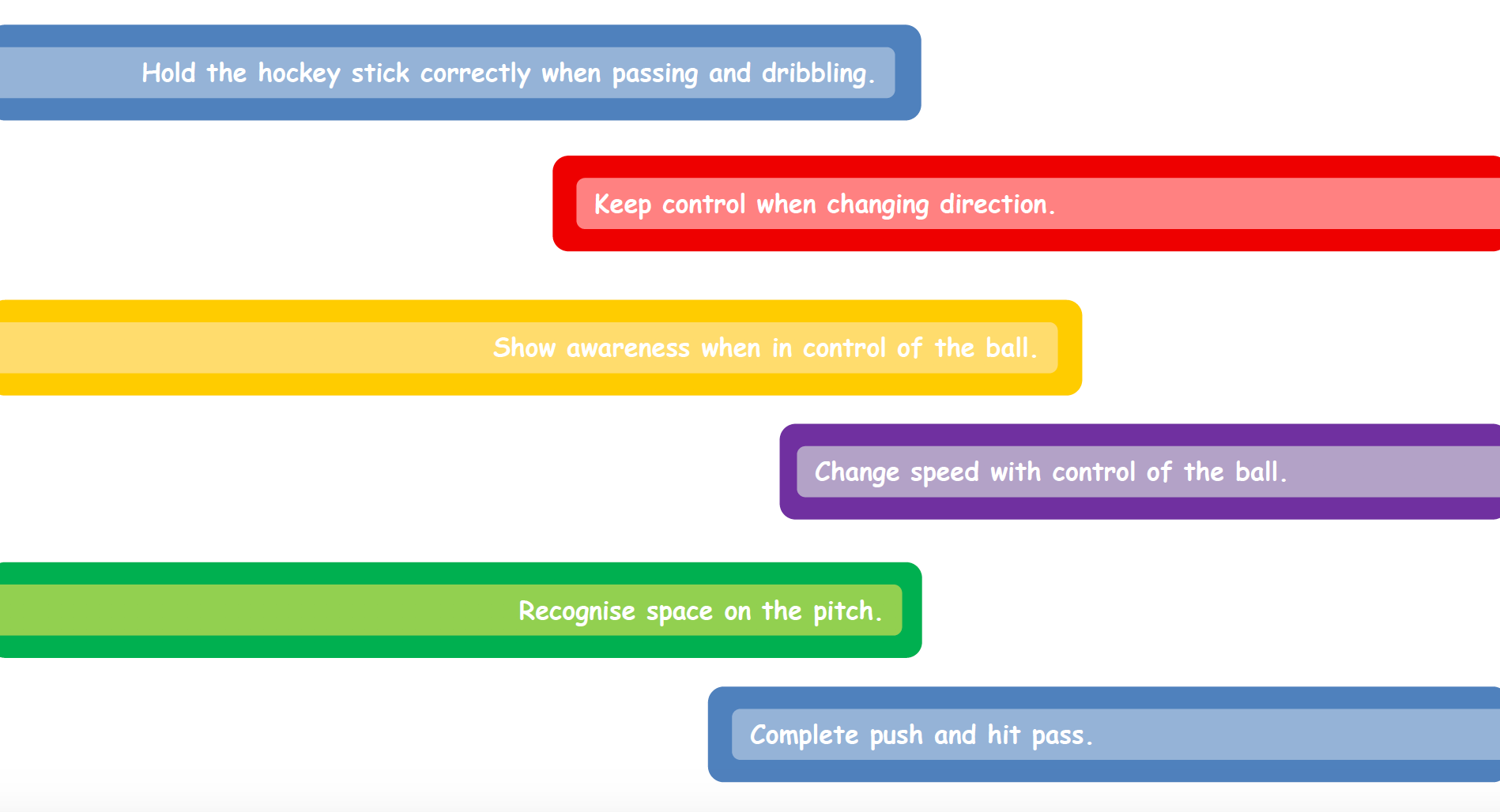
History
We will be learning more about Amy Johnson. We will be thinking about her momentous journey and the type of equipment she would need to take with her.
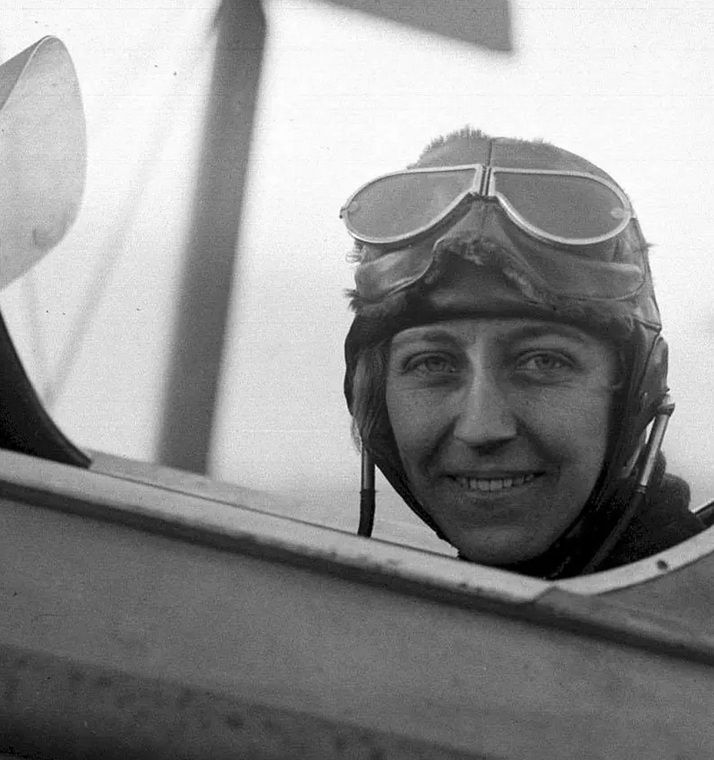
PSHE
We have introduced the children to a programme called Zones of Regulation which we are hoping will help regulate feelings and emotions and offer the children the correct way to talk about their feelings.
We will continue to consolidate the school’s policy of Good to be Green and the 5C’s.
Reading
When reading with your child at home ask them questions related to their book.
Questions to ask before you read
- Can you look at the pictures and predict what you think will happen in this book?
- What makes you think that?
- What characters do you think might be in our story?
- Do you think there will be a problem in this story? Why or why not?
- Does the topic/story relate to you or your family? How?
Questions to ask during the reading
- What do you think will happen next?
- What can you tell me about the story so far?
- Can you predict how the story will end?
- Why do you think the character did _______?
- What would you have done if you were the character?
- How would you have felt if you were the character? (use different characters)
- As I read____________, it made me picture________ in my head. What pictures do you see in your head?
- As you read, what are you wondering about?
- Can you put what you’ve just read in your own words?
Questions to ask after reading
- Can you remember the title?
- In your opinion, was it a good title for this book? Why or why not?
- Were your predictions about the story correct?
- If there was a problem, did it get solved?
- What happened because of the problem?
- Why do you think the author wrote this book?
- What is the most important point the author is trying to make in his writing?
- What was your favourite part of the story?
- If you could change one thing in the story, what would it be?
- Can you retell the story in order?
- If you were __________, how would you have felt?
- What is the most interesting situation in the story?
- Is there a character in the story like you? How are you alike?
Why did you like this book?
Mathletics
A big well done to all the children completing their Mathletics. Some children have managed to earn certificates for their hard work.
Silver

Tymon (Hungerford)
Brady, Teodora, Mia and Hasan (Westminster)
Bronze

Ishmael, Hamza, Rayyan, Yigit Emre, Mohamed, Alesha, Aayush, Afia, Elena and Tymon (Hungerford)
Luke, Mikael, Barin, Bonnie, Anaya, Stanley, Kahlil, Yusef, Carter, Emily, Harvey, Priscilla, Teodora, Mia, Brady, Carlotta and Hasan (Westminster)
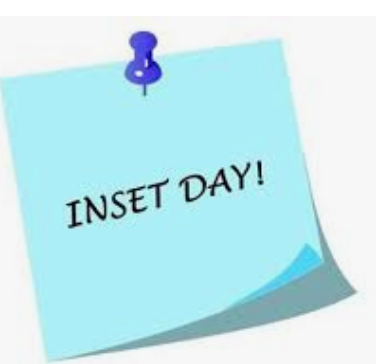 Monday 28th September 2020 is INSET DAY ( Howard Primary School is closed to pupils on this day)
Monday 28th September 2020 is INSET DAY ( Howard Primary School is closed to pupils on this day)
[dropshadowbox align=”none” effect=”lifted-both” width=”auto” height=”” background_color=”#f1bfe4″ border_width=”1″ border_color=”#a58bd0″ ]Homework is set on Google Classroom[/dropshadowbox]
English
At Howard Primary School we have adopted The Power of Reading scheme for literacy. Our literacy work is based around a core text. The text we are working on is currently a secret and slowly we will reveal the title and the book to the children.
- To collaborate shared verse poem
- Looking at language- shades of intensity
To collaborate shared verse poem
Towards the end of last week children were given this sentence ‘ One night, a great storm had raged around their house.’ The children had to construct a mental image and draw what the imaged when they heard this sentence. We then gathered together, and children wrote phrases to describe their image and the storm.
We will use to phrases to create a powerful poem to describe the storm.
On Wednesday we will think about the aftermath of the storm. We will come up with words and phrases to describe the ‘new’ morning after the storm. Children will put these words and phrases together to create a poem.
Children will perform their poems in groups.
Looking at language- shades of intensity
These are called shades of meaning. Shades of meaning can describe what we are feeling or thinking. They help us to see which word shows a stronger
Maths
-
We are going to start our addition and subtraction block this term. This week we will:
- consolidate number bonds to 10
- to know number bonds within 20 & begin to understand fact families
- to know number bonds to 20
- to check calculations
- Number bonds to 10
Number bonds are also often referred to as ‘number pairs’. They are simply the pairs of numbers that make up a given number. Knowing number bonds with confidence allows children to develop strategies for solving more complicated mental problem.
- To know number bonds within 20 & begin to understand fact families
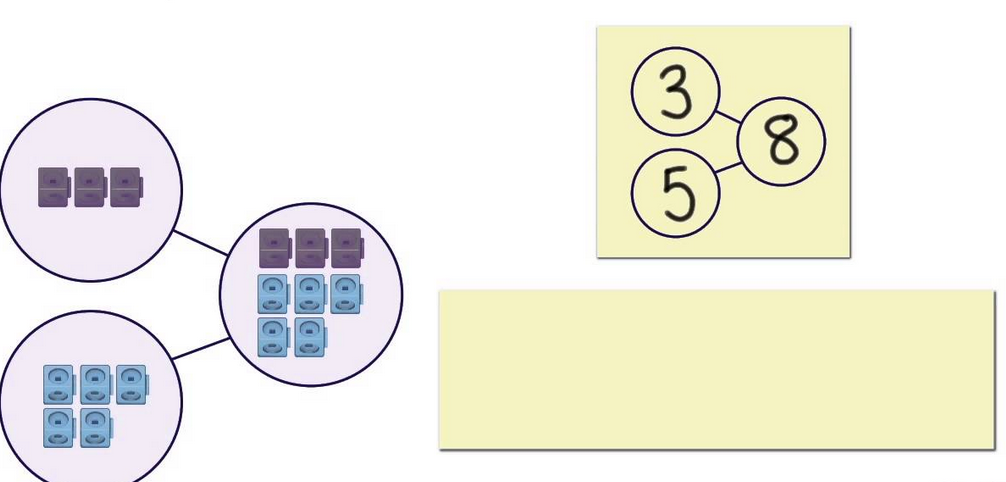 It is important that children know their number bonds to all numbers up to 20. Children should be able to fact familes to help them.
It is important that children know their number bonds to all numbers up to 20. Children should be able to fact familes to help them.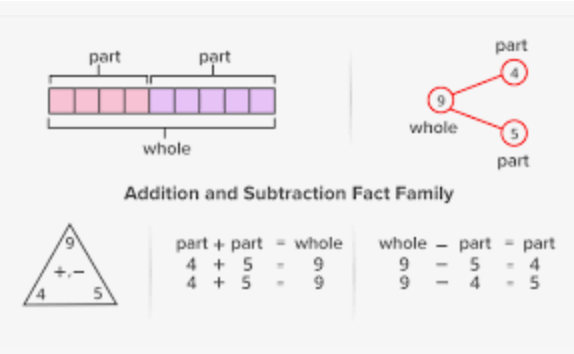
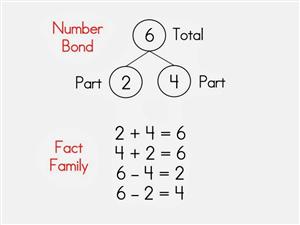
The Commutative Law of Addition says that it doesn’t matter what order you add up numbers, you will always get the same answer.
- To know number bonds to 20
Children can use their knowledge of number bonds to 10 to help solidify their understanding of number bonds to 20.
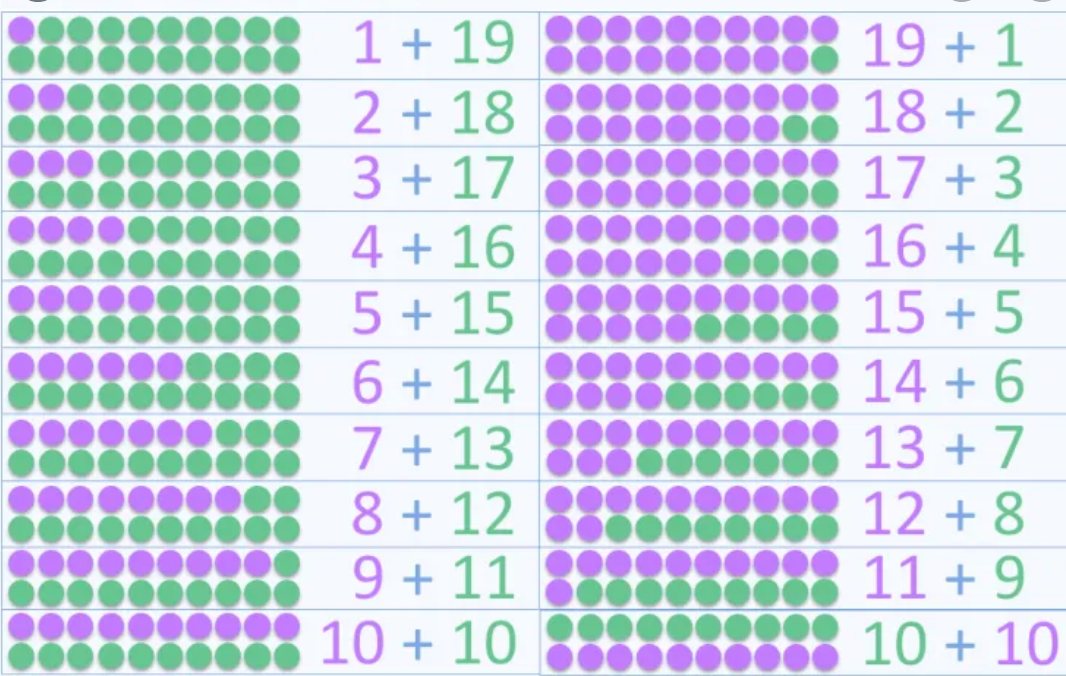
9 + 1 = 10 so 19 + 1 = 20
4 + 6 = 10 14 + 6 = 20
- To be able to check calculations
We will be thinking about inverse relationships. We can check if the calculation is correct by using part whole models. Inverse operations are opposite operations. Addition is the inverse of addition.
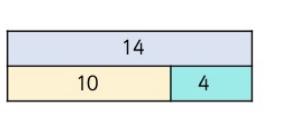 For example 14 – 10 = ?
For example 14 – 10 = ?
Children can think what can I add to 10 to get to 14 ?
Science
We will learn about materials and their uses. We will sort materials according to their properties. Children will sort materials in a variety of ways. They can sort materials according to their properties. Such properties may include if its magnetic; if it is soft; if it is transparent…
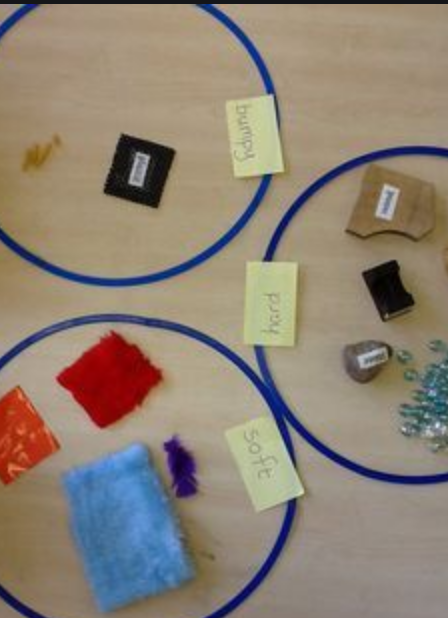
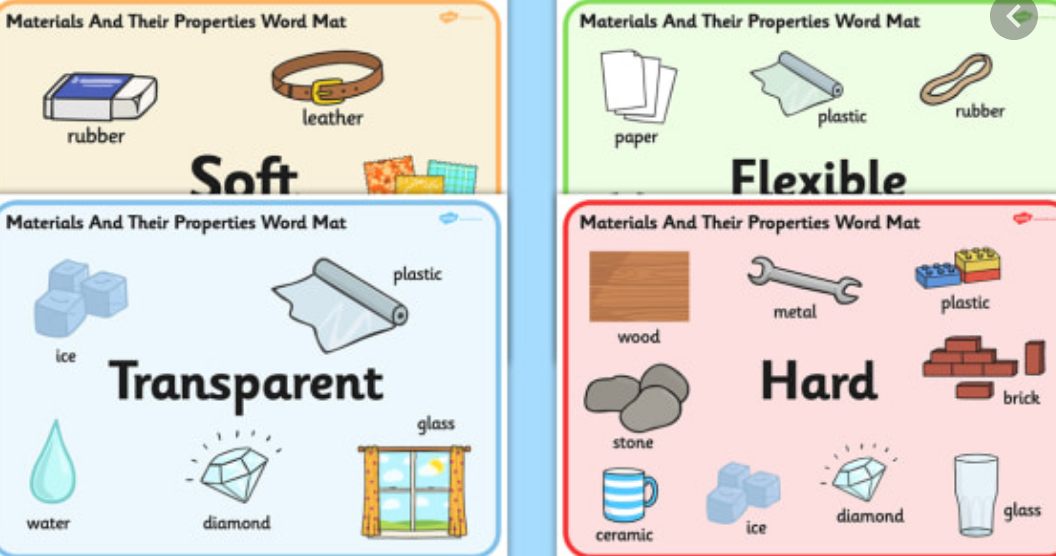
Children will use their knowledge of the properties of materials to help them.
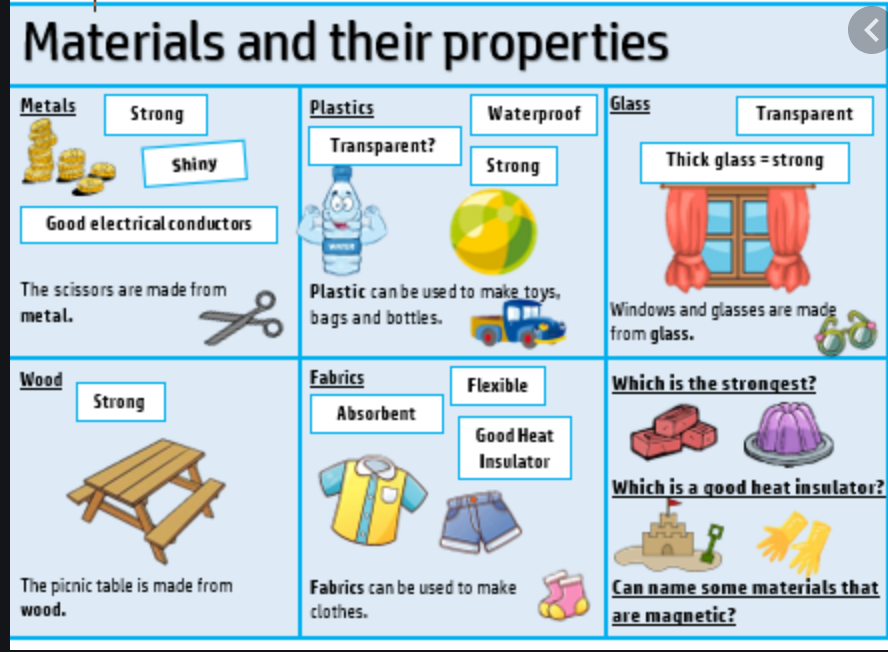
Religious Education
The focus this term will be about things that are special to us.
Computing
We will continue to focus on e-safety and the importance of being safe when using the internet. We will focus on adults who can help us feel safe whilst using the internet.
Music
Children will explore sound body percussion.

PE
Our focus this term will be hockey and dance/exercise.

PSHE
We have introduced the children to a programme called Zones of Regulation which we are hoping will help regulate feelings and emotions and offer the children the correct way to talk about their feelings.
We will continue to consolidate the school’s policy of Good to be Green and the 5C’s.
Reading
When reading with your child at home ask them questions related to their book.
Questions to ask before you read
- Can you look at the pictures and predict what you think will happen in this book?
- What makes you think that?
- What characters do you think might be in our story?
- Do you think there will be a problem in this story? Why or why not?
- Does the topic/story relate to you or your family? How?
Questions to ask during the reading
- What do you think will happen next?
- What can you tell me about the story so far?
- Can you predict how the story will end?
- Why do you think the character did _______?
- What would you have done if you were the character?
- How would you have felt if you were the character? (use different characters)
- As I read____________, it made me picture________ in my head. What pictures do you see in your head?
- As you read, what are you wondering about?
- Can you put what you’ve just read in your own words?
Questions to ask after reading
- Can you remember the title?
- In your opinion, was it a good title for this book? Why or why not?
- Were your predictions about the story correct?
- If there was a problem, did it get solved?
- What happened because of the problem?
- Why do you think the author wrote this book?
- What is the most important point the author is trying to make in his writing?
- What was your favourite part of the story?
- If you could change one thing in the story, what would it be?
- Can you retell the story in order?
- If you were __________, how would you have felt?
- What is the most interesting situation in the story?
- Is there a character in the story like you? How are you alike?
Why did you like this book?
Mathletics
A big well done to all the children completing their Mathletics. Some children have managed to earn certificates for their hard work.
Silver

Harvey (Westminster)
Bronze

Ishmael, Yigit Emre, Alesha, Lorenzo and Afia (Hungerford)
Levi, Tome, Brady, Harvety, Emily, Michael, Shauna, Aliyah, Luke, Bonnie, Stanley, Hasan, Yusef, Jennifer, Mia and Kevin (Westminster)


